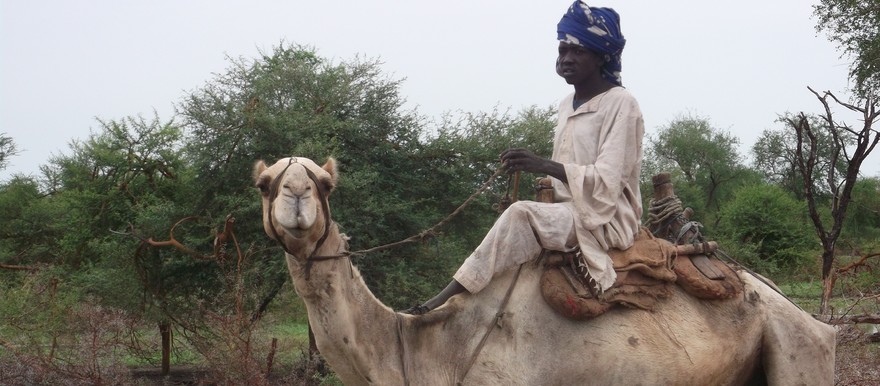Refugees from Blue Nile living in the camps Doro, Jamam, Jandrassa, and Yusif Batil have complained of high death rates among their livestock. They are calling on the aid organizations to provide them with medicines and vaccines.
Some of the refugees reported from the camps in Upper Nile state that the death rates among cows and camels are increasing, claiming even that as many as 150 livestock die per a day, at the time where there is a total absence of drugs and vaccines.
Last week a veterinary official speaking in the northern part of the state told Radio Tamazuj that livestock in Renk County were suffering from an outbreak that had spread from the border area between Blue Nile and Ethiopia.
Blue Nile refugees in the camps attributed the cause of the crisis to lack of well-equipped veterinary labs in the area in order to detect diseases for proper medication.
They explained that there is broad dissatisfaction among refugees due to this great loss of their herds and fears that this issue might eliminate their cattle.
In a separate report, refugees at Doro and Jamam camps complained of a delay of their food rations. It was said in the camps that aid organizations had delayed food distributions up to the middle of the month, affecting most of the families in the camp.
Lacking sufficient food from the organizations, the refugee women have resorted to other small businesses like selling water and collecting firewood for the market.
Refugees speaking to Radio Tamazuj asked aid organizations to provide their food rations at the beginning of the month in order not to force some members of their families to go out in search for alternatives to meet the demand of their families.
The number of refugees at the camps is expected to increase as more arrive from Blue Nile. Hundreds of new refugees are reported to be living in the open in areas under the control of SPLM-North after repeated air strikes on the areas Mogof and Yabus, Radio Tamazuj reported last week.
The refugees in those parts of Blue Nile are said to face an acute shortage of food and medicine. There are no aid organizations working there.




